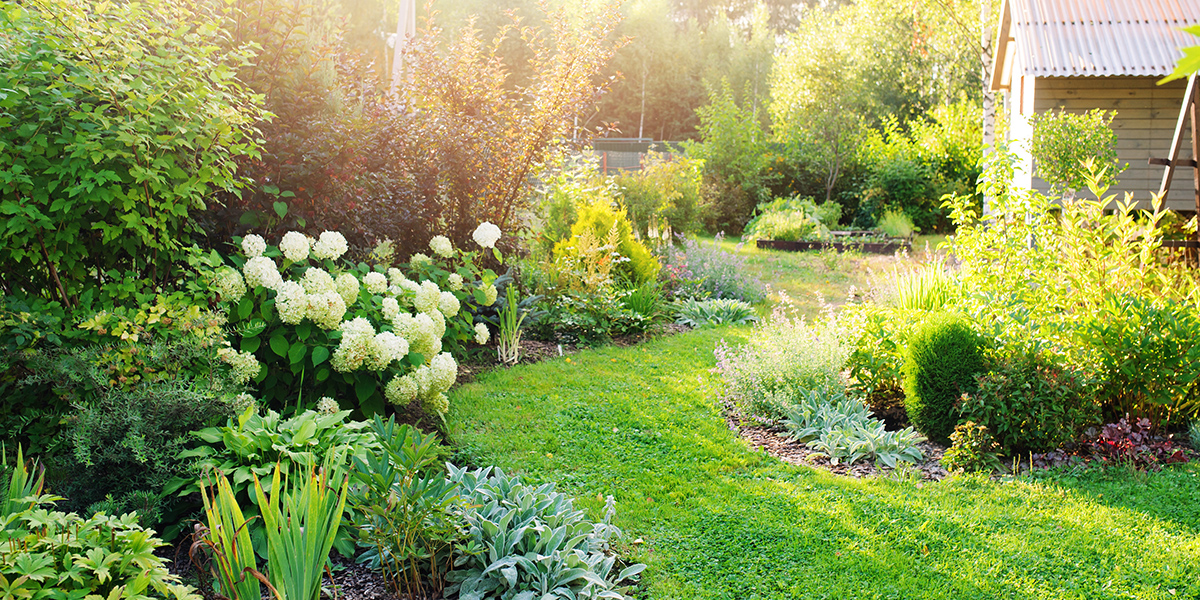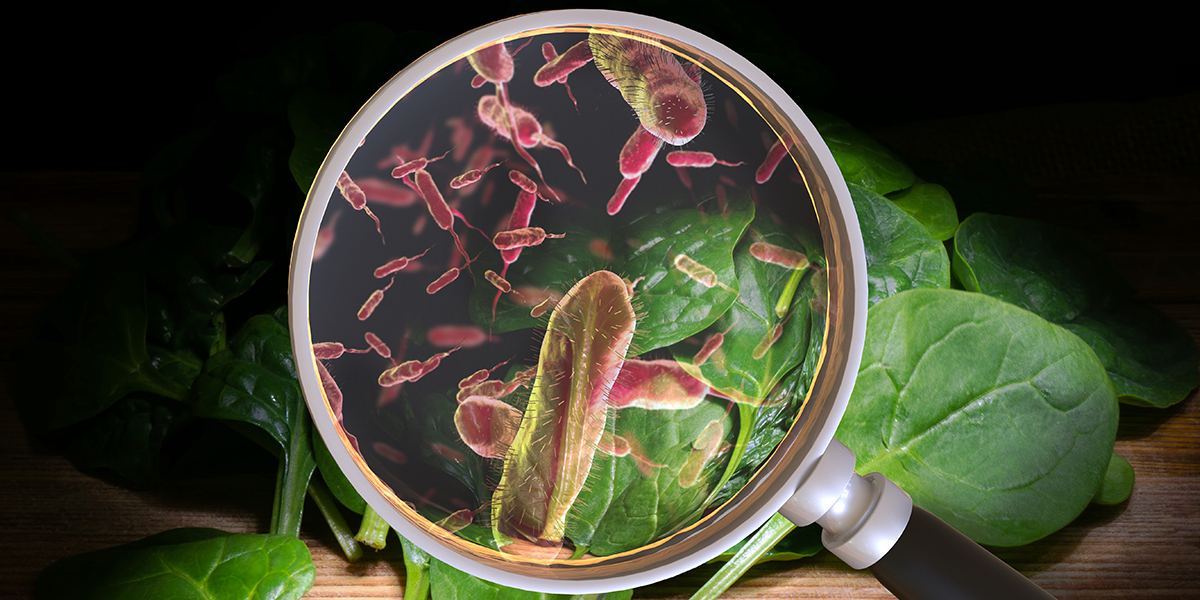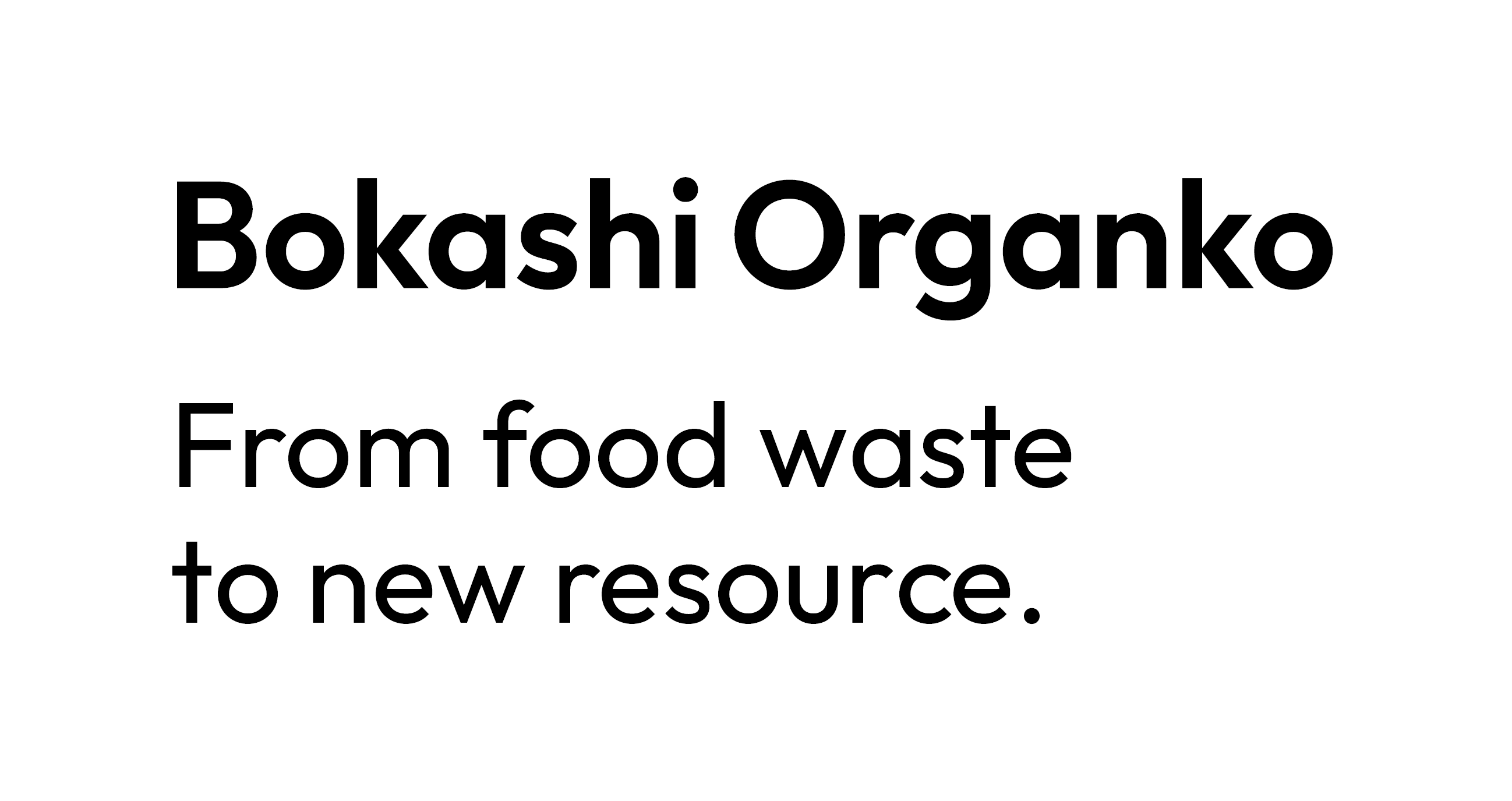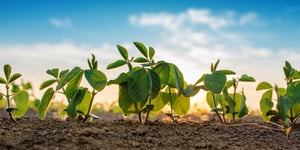We have talked a lot about home composting on our blog and clarified which composting bins are most appropriate for different types of users. However, little was said about why you should compost in the first place. We are about to change that and explain how compost improves garden soil, its structure, physical, chemical, and biological structure.
High-quality compost plays a vital part in gardening success and is often regarded as much more than just a soil amendment. It represents the most general solution to most garden soil problems and is highly valued by experienced gardeners. They believe compost is simply the best all-around soil conditioner available out there. Yes, other additives would probably solve certain problems faster or more efficiently. Still, if your garden doesn’t have a specific issue, then compost is the most helpful solution to simply tune it up a bit before the opening of a new season.
Let’s have a closer look at why you should compost and what are the physical, biological and chemical benefits your garden soil will gain with this process.

Physical benefits of composting
One of the main reasons why you should compost is to improve the soil’s structure. Oddly enough, compost has a significant characteristic of improving soil’s structure in both directions. If there is too much clay in your garden soil, the compost will improve its drainage and make it easier for air to circulate and water to drain. On the other hand, if the ground is too sandy, the compost will fix water retention. It’s a win-win scenario, especially for larger garden units.
Biological benefits of composting
When looking at the biological profits of composting, beneficial microbes are the first ones that should be mentioned. There are numerous living creatures in there, but the microscopic ones are the key reason why you should compost. They produce mucus which helps bring soil particles together and allows air and water to circulate more easily. Furthermore, some microbes help reduce plant diseases while others establish the mycorrhizal fungi that will enable plant roots to access nutrients far below the reach of their roots.
Although the most important ones, microbes are not the only living creatures in the compost. While the formation mass decomposes in the garden, numerous insects and earthworms will enter. They all help to aerate the soil as they move through it and are part of the complex web that makes plant life possible. When they die, they also “donate” their bodies to the organic matter in the soil.
Chemical benefits of composting
Last but not least - let’s check out the chemical motives why you should compost. This one might be a bit more complex, but we will try to explain it in a way that every gardener will understand.
As we surely remember from high school, the pH scale runs from 1 (highly acidic) to 14 (highly alkaline). Since most plants prefer a neutral environment (7), it is essential for their well-being to grow in soil with a pH close to 7. Similar to its ability to improve soil’s structure in each direction, compost also has a great way of balancing soil’s pH. Although the composting process itself produces various acids, its pH should be almost natural by the time it is over (around 6.5). Once the compost is added to the soil, it heavily influences its pH and makes it similar to its own. What this means is that it can make alkaline soils more acidic and acidic ones more alkaline. Moreover, it also stabilizes the level of pH and prevents it from changing suddenly.

Another great chemical benefit of composting is the accumulation of nutrients. In fact, it contains some primary nutrients, like nitrogen, phosphorus, and potassium. Furthermore, it may also contain low levels of secondary nutrients such are calcium, magnesium, and sulfur. But even more importantly, compost provides soil with vital micronutrients such as iron, manganese, copper, zinc, etc., essential to plant health.
Boosting soil’s cation exchange capacity is another great chemical benefit of composting. In simple English, this means that soil can retain more nutrients which are therefore available to plants. However, CEC says nothing about the nutrient content of the soil. It only indicates how well the soil can retain the nutrients that are present.


